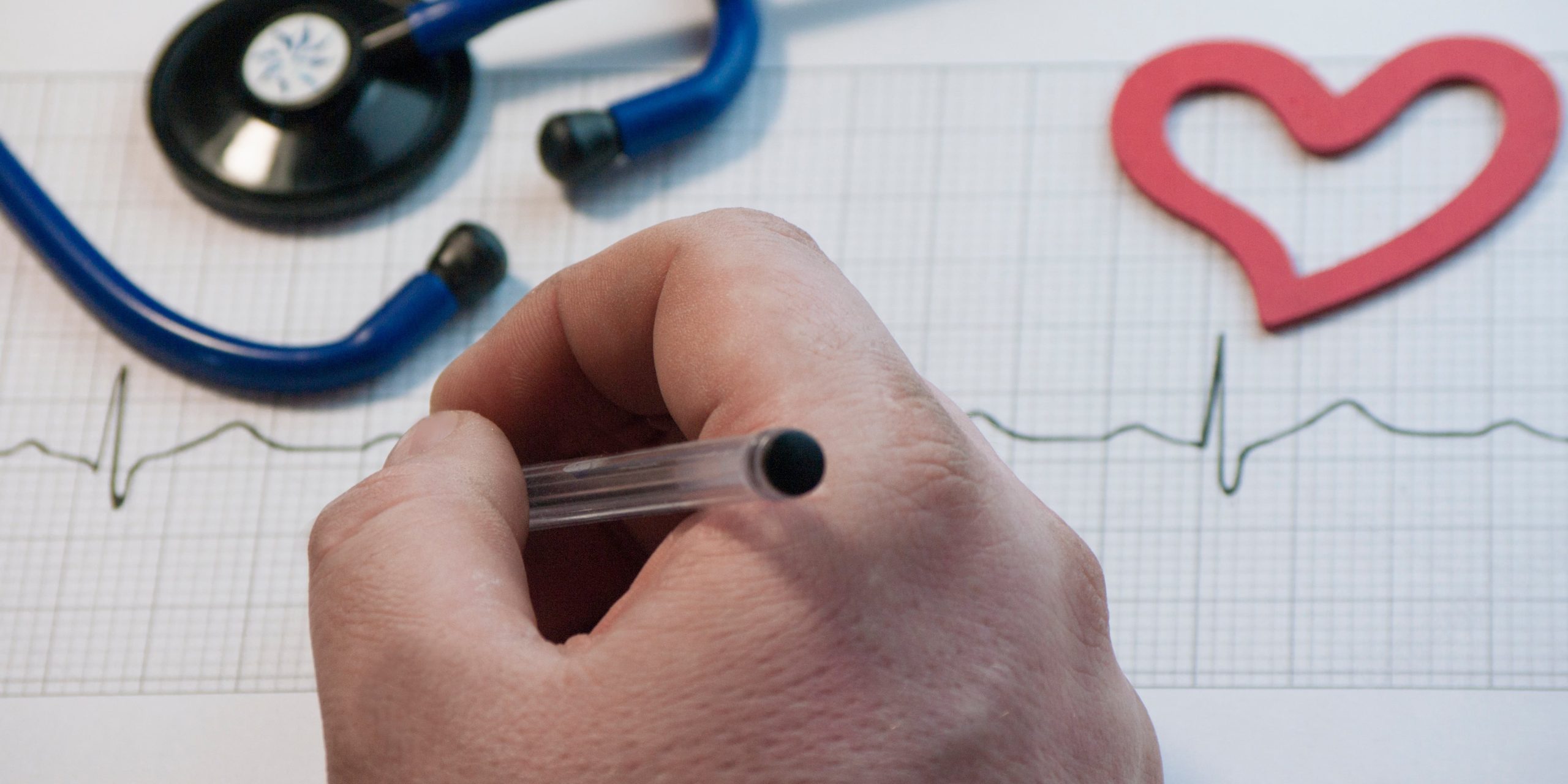When you visit a healthcare provider, one of the first things they check are your vital signs. These key measurements offer important insights into your overall health and how your body is functioning. Understanding what vital signs are and what they mean can empower you to take better care of your health and recognize when something may be wrong.
What Are Vital Signs?
Vital signs are a group of essential indicators that help evaluate the body’s basic functions. The four primary vital signs are:
- Body Temperature
- Pulse (Heart Rate)
- Respiratory Rate (Breathing Rate)
- Blood Pressure
Some providers may also monitor oxygen saturation and pain level as additional indicators of health status.
What Each Vital Sign Tells You
1. Body Temperature
Normal body temperature usually ranges from 97°F to 99°F. A higher temperature may signal an infection or illness, while a lower temperature could indicate a problem with your metabolism or exposure to cold conditions.
2. Pulse (Heart Rate)
Your heart rate tells how many times your heart beats per minute. A normal resting heart rate for adults is 60 to 100 beats per minute. A higher or lower rate can indicate conditions like dehydration, heart issues, stress, or the effects of medications.
3. Respiratory Rate
This is the number of breaths you take per minute. A normal adult respiratory rate is typically between 12 and 20 breaths per minute. Breathing too fast or too slow can signal respiratory or cardiac issues.
4. Blood Pressure
Blood pressure measures the force of blood against artery walls. Normal blood pressure is usually around 120/80 mmHg. High blood pressure can increase the risk of heart disease and stroke, while low blood pressure may lead to dizziness or fainting.
Why Monitoring Vital Signs Matters
Vital signs offer a quick snapshot of how your body is functioning. Abnormal readings can be early warning signs of health issues, allowing for timely treatment and prevention. Routine monitoring, especially for individuals with chronic conditions, is crucial for managing health and avoiding complications.
When to Seek Medical Attention
If you notice unusual changes in your vital signs—such as a consistently high heart rate, unexplained fever, or irregular blood pressure—it’s important to speak with a healthcare provider. These could be signs of an underlying issue that needs medical attention.
Stay Informed and Proactive
At Parkchester Medical, we encourage patients to stay informed about their health. Regular check-ups and understanding your vital signs are key parts of preventive care. Knowing what’s normal for your body helps you recognize when something is off—and take action early.
Schedule a wellness visit today to stay on top of your vital signs and overall health. Your body gives you signals—let’s listen to them together.






